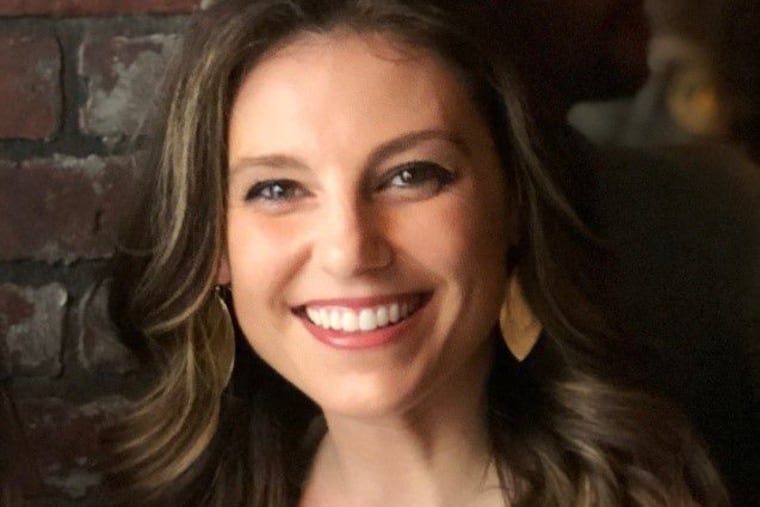As a congenital heart defect survivor, she knows firsthand that cardiovascular disease does not discriminate
Our family did not have a history of heart disease, so why would my sisters and I have heart complications?

My heart disease story began before I was born. My parents, Bob and Sue Brzezynski, welcomed my sister Jessica on Christmas Day, 1988. Once she was born, the doctors realized there was something wrong with her heart; after several tests, she had to have emergency heart surgery to put a stent in her aorta, a significant valve that helps to pump blood away from the heart. The surgery was a success, however, once Jessica grew the stent collapsed and she died just four months later.
Devastation does not begin to describe the overwhelming emotions my parents endured through the loss of their first born child. A couple years later they discovered they were pregnant with me and were very proactive during obstetrician visits to check on my heart health. At the six-month mark, they discovered I too would have congenital heart disease even more severe than my sister’s.
Four months after I was born, a surgeon at Children’s Hospital of Philadelphia (CHOP) performed open heart surgery on me to repair a deformed mitral valve and a hole between the two atrium, the upper chambers of the heart. This surgery was riskier than my sister’s because deoxygenated and oxygenated blood was flowing in and out of inappropriate chambers, and they needed to reduce this as much as possible.
A couple of years later, my parents were expecting another baby girl. Doctors told them that this baby would need heart surgery as well. Unfortunately, my mom had a miscarriage several months into the pregnancy.
All of this came as a huge surprise to my parents as our family did not have a history of heart disease, so why would all three of their children have heart complications? Unfortunately, researchers don’t know what causes most forms of congenital heart disease.
Today I still have some leakage but it’s held steady at a level deemed acceptable by my cardiologists. Electrocardiograms (EKGs), echocardiograms (ECOs), and stress tests are a routine part of my life, but I have had no complications (knock on wood). I played soccer, basketball and lacrosse throughout school and now I continue to stay physically active through my career as a yoga instructor and personal trainer. As an adolescent I was insecure about the lengthy scar down my chest. Now I embrace my scar and aim to educate others of the risk of heart disease, especially when your family does not have a history of it.
I am certainly not the typical face of heart disease. My healthy life is partially a result of the loss of my older sister because my parents were proactive in seeking the most successful treatment they could find for me. I am lucky to be alive and want to share this knowledge with the community. Congenital heart disease is a clear example that cardiovascular disease does not discriminate.
February is American Heart Month. This is a time to educate yourself and those you love. Know your numbers — i.e. blood sugar, blood pressure and cholesterol, all risk factors for cardiovascular disease — visit your doctor and advocate for yourself.
One in three women dies of heart disease each year, despite the efforts of the American Heart Association and other community health organizations. Fortunately, I am not part of that statistic. But there is still more to be done.
Devon Brzezynski is a fitness enthusiast who lives in Mercer County, NJ.